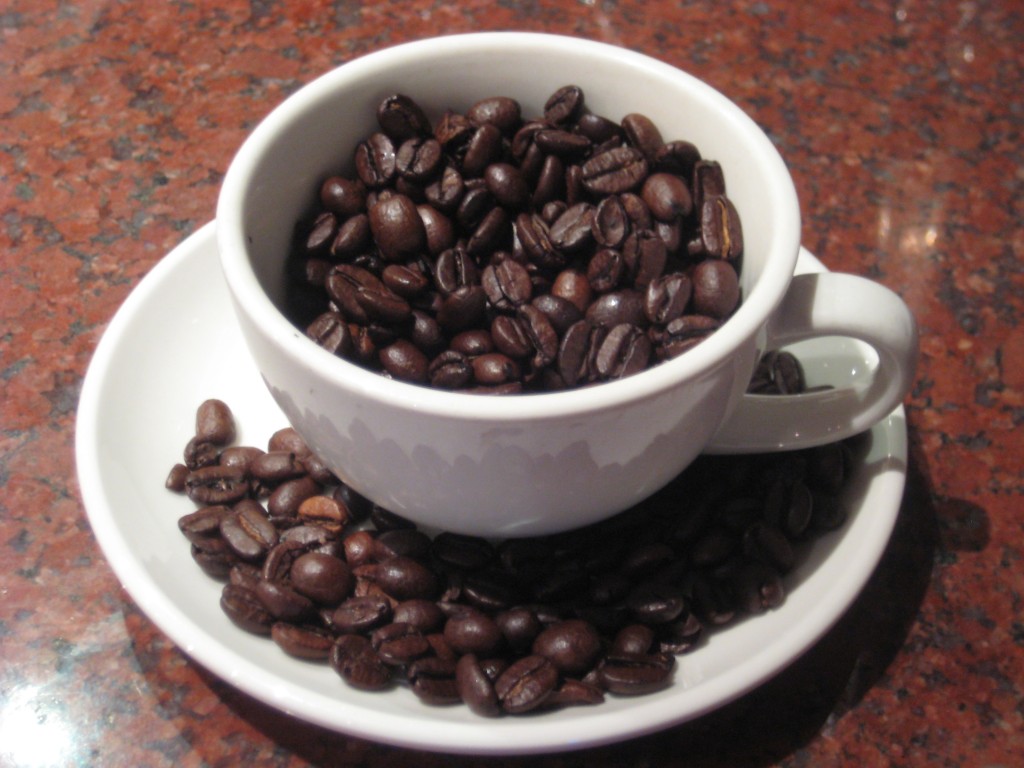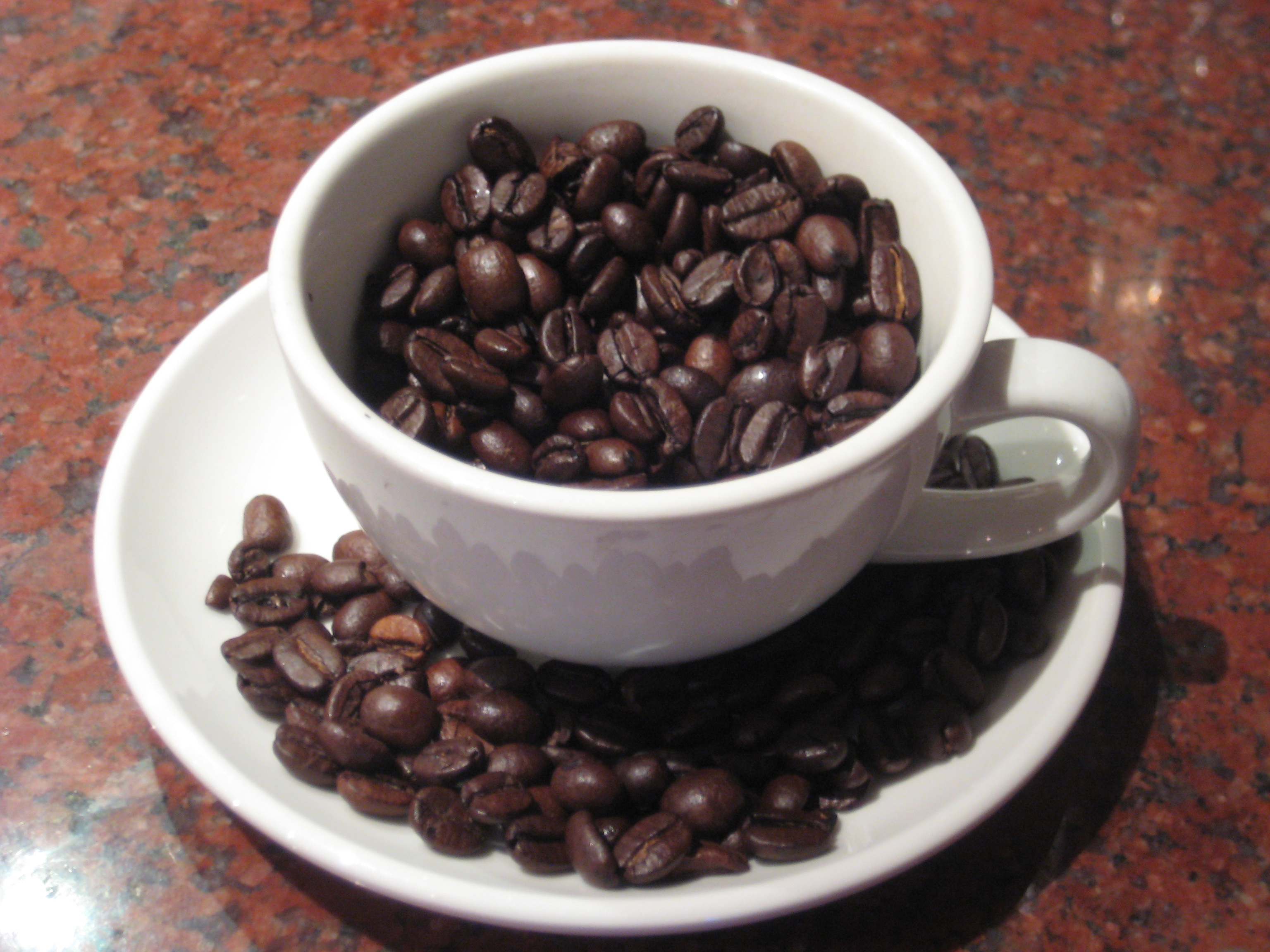By Taylor Breckles (The Cascade) – Email
Print Edition: September 3, 2014

When it comes to university, coffee and student life go hand-in-hand. It has saved many an essay, provided a spurt of energy on those long mornings of early classes, and has given the appearance of easing the pre-exam anxiety. Why is coffee so comfortingly addictive? What makes our brain crave it and how does this bitter brew provide such crucial energy?
According to “Your Brain on Coffee,” a video featured by I Fucking Love Science, caffeine replaces one of the chemicals in your brain, which causes you to perk up.
“[When awake,] a chemical called adenosine slowly accumulates in your brain [and] binds to receptors which slow down your brain activity. Ultimately, the more adenosine there is, the more tired your brain feels … conversely, while you sleep, the concentration of adenosine declines, gradually promoting wakefulness,” the video states.
While the natural cure to fatigue may be sleep, that solution is sometimes unrealistic for students. It is because of this limited time and ability to get rid of the unwanted adenosine that caffeine is used as a substitute.
“As it turns out, the caffeine in your coffee is incredibly similar to adenosine in structure. The caffeine works its way through your bloodstream and into your brain where it starts to compete [with adenosine] and combines with adenosine receptors. But because it’s not adenosine, the sleepiness effect isn’t felt,” the video continues.
Caffeine effectively kicks the adenosine out of its receptor, causing adenosine to no longer be able to bind, and the effects of caffeine wear off.
However, this has a negative effect on your body. With long-term use of caffeine, your brain creates more adenosine receptors in order to combat the caffeine’s takeover, which means that it takes a higher dose of caffeine in order to feel the same effects.
Plus, because of the added receptors, should a daily dose not be fulfilled or a day goes by without a cup o’ joe, the body creates the sensation of being even more tired in addition to minor withdrawal symptoms.
“[Caffeine] also stimulates the production of adrenaline [which] increases your heart rate, gets your blood pumping, and even opens up your airways. Furthermore, it affects dopamine levels by preventing its reabsorption into the brain, which makes you feel happy,” the video states.
These happy feelings are what makes caffeine similar to cocaine, in its ability to create both happiness and addiction (although to a lesser degree).
Coffee can kill you too, if you drink enough of it.
However, it is so extreme that it is nearly impossible to accomplish. The video continues to explain that 150 mg per kilogram of your body is the lethal dose. In simple terms, somebody who weighs 70 kg would need to drink roughly 70 cups of coffee in one sitting in order to die from an overdose.
Not only is it impossible for the stomach to hold that much volume, but hallucinations would occur before reaching that point, also inhibiting a person’s ability to drink that much coffee.
While it might be nearly impossible to overdose from caffeine, it is possible for the effects to wear off throughout the day. Caffeine has a half-life of six hours, which means that after six hours, only half of the effects of caffeine remain, and after another six hours, only one quarter of the effects remain, and so on. This would explain why the line-up at Tim Horton’s is consistent; students need to maintain their levels of caffeine.


